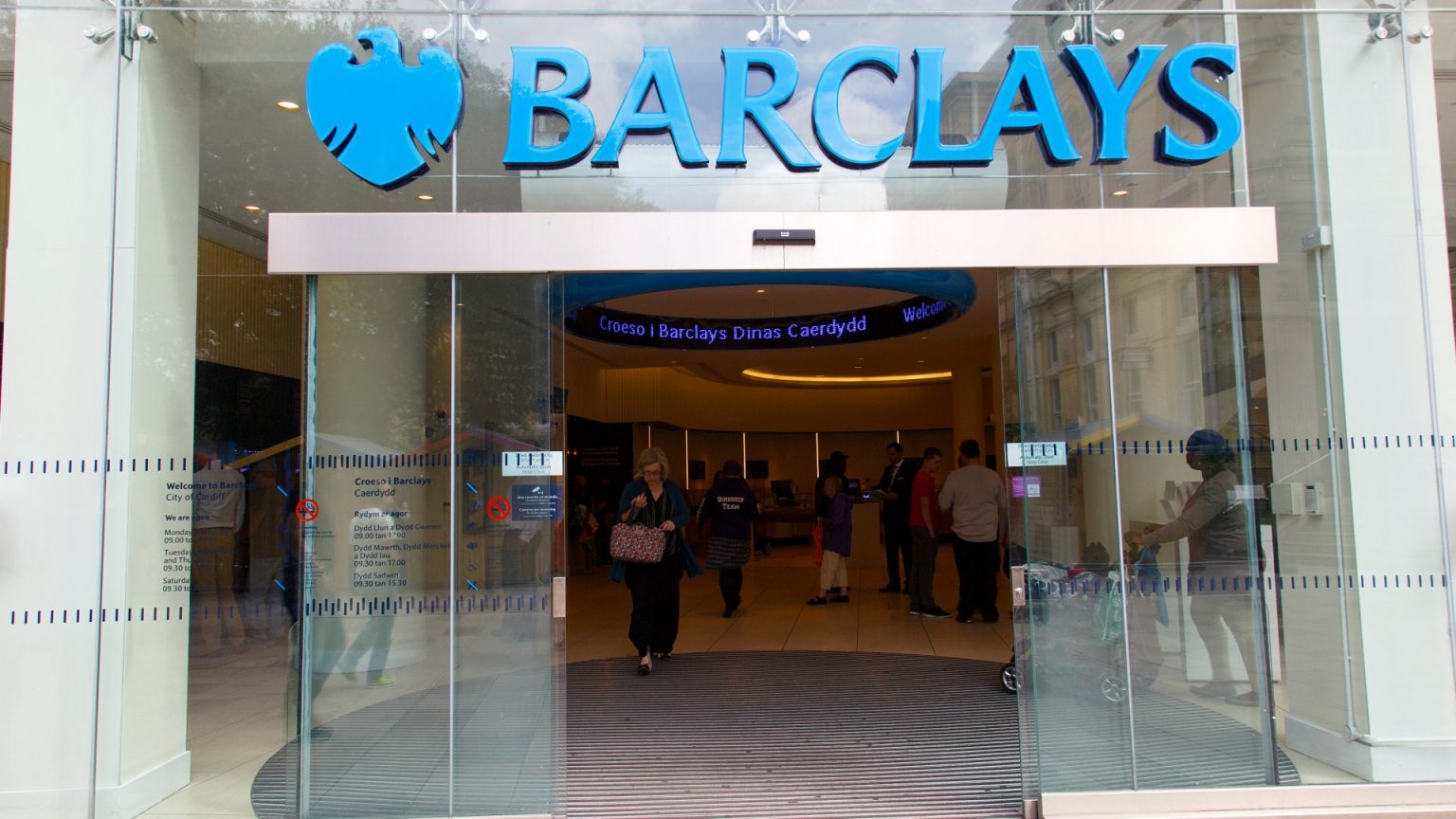Barclays, a major UK bank, experienced a significant system outage that spanned three days, disrupting online and mobile banking services for millions of customers. The disruption, which began on Friday, prevented customers from accessing their accounts, checking balances, making payments, and confirming salary deposits. The timing was particularly problematic as it coincided with the UK’s self-assessment tax return deadline, potentially leading to penalties for late payments. Barclays attributed the outage to a technical issue, emphasizing that it was not a result of a cyberattack or malicious activity. The bank worked diligently to restore services and process delayed payments, assuring customers that no one would be left out of pocket due to the disruption.
The outage caused widespread frustration and inconvenience. Customers relying on the bank’s digital platforms were left unable to manage their finances, leading to concerns about missed payments and potential financial repercussions. DownDetector, a website that tracks online service outages, reported a surge in problem reports related to Barclays’ online and mobile banking services. The majority of reported issues involved difficulties accessing mobile banking, followed by problems with internet banking, balance checks, and making payments. Many customers expressed anxiety about not being able to see their transaction history and therefore being unaware of their current balance.
Barclays addressed the situation by extending call center hours over the weekend and proactively contacting vulnerable customers. They encouraged customers still experiencing difficulties to contact the bank directly, acknowledging that wait times might be longer than usual. The bank’s online and mobile banking platforms displayed messages acknowledging the issue and thanking customers for their patience. Barclays explicitly stated that they would ensure customers would not be penalized for late tax payments due to the outage and advised those affected to contact the bank for compensation.
During the outage, various methods were available to check the status of banking services. Most banks, including Barclays, provide service status updates on their websites, offering information about online banking, mobile apps, ATMs, and card services. Third-party websites like DownDetector also offer real-time information on service disruptions reported by users. This information can be crucial for customers trying to ascertain whether a problem is isolated or widespread. It can also provide an indication of the nature of the issue, such as problems with online banking or mobile access.
While banks are not legally obligated to compensate customers for service disruptions in the same way telecom companies are, they are expected to reimburse customers for any directly incurred costs resulting from the outage. This includes late payment fees or other charges incurred due to the inability to make transactions. Customers experiencing such issues are advised to keep detailed records, including the names of customer service representatives they spoke with, dates and times of conversations, and the advice received. This documentation can be crucial in supporting claims for compensation.
Customers dissatisfied with the bank’s response or the compensation offered can escalate their complaint to the Financial Ombudsman Service (FOS). This independent body investigates complaints against financial institutions and can order banks to take corrective action, including providing fair compensation. The FOS considers the specific circumstances of each case, aiming to ensure that customers are not financially disadvantaged due to service disruptions. This can involve reimbursing financial losses, acknowledging the inconvenience caused, and correcting any inaccuracies in credit reports. The FOS can initiate investigations 15 days after a complaint has been lodged with the bank.


